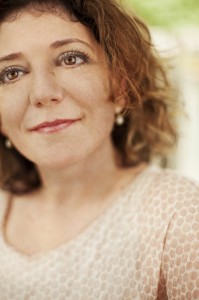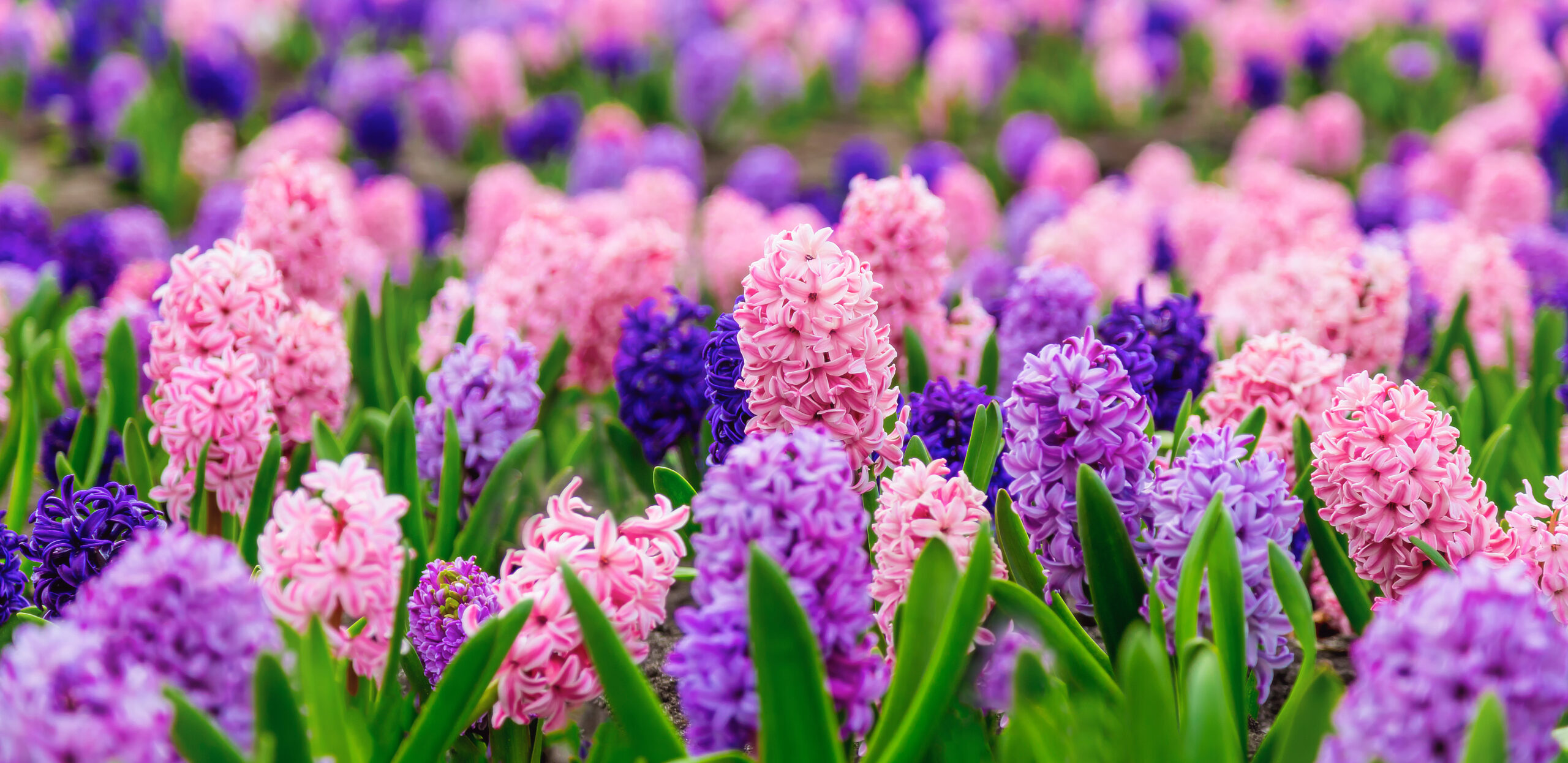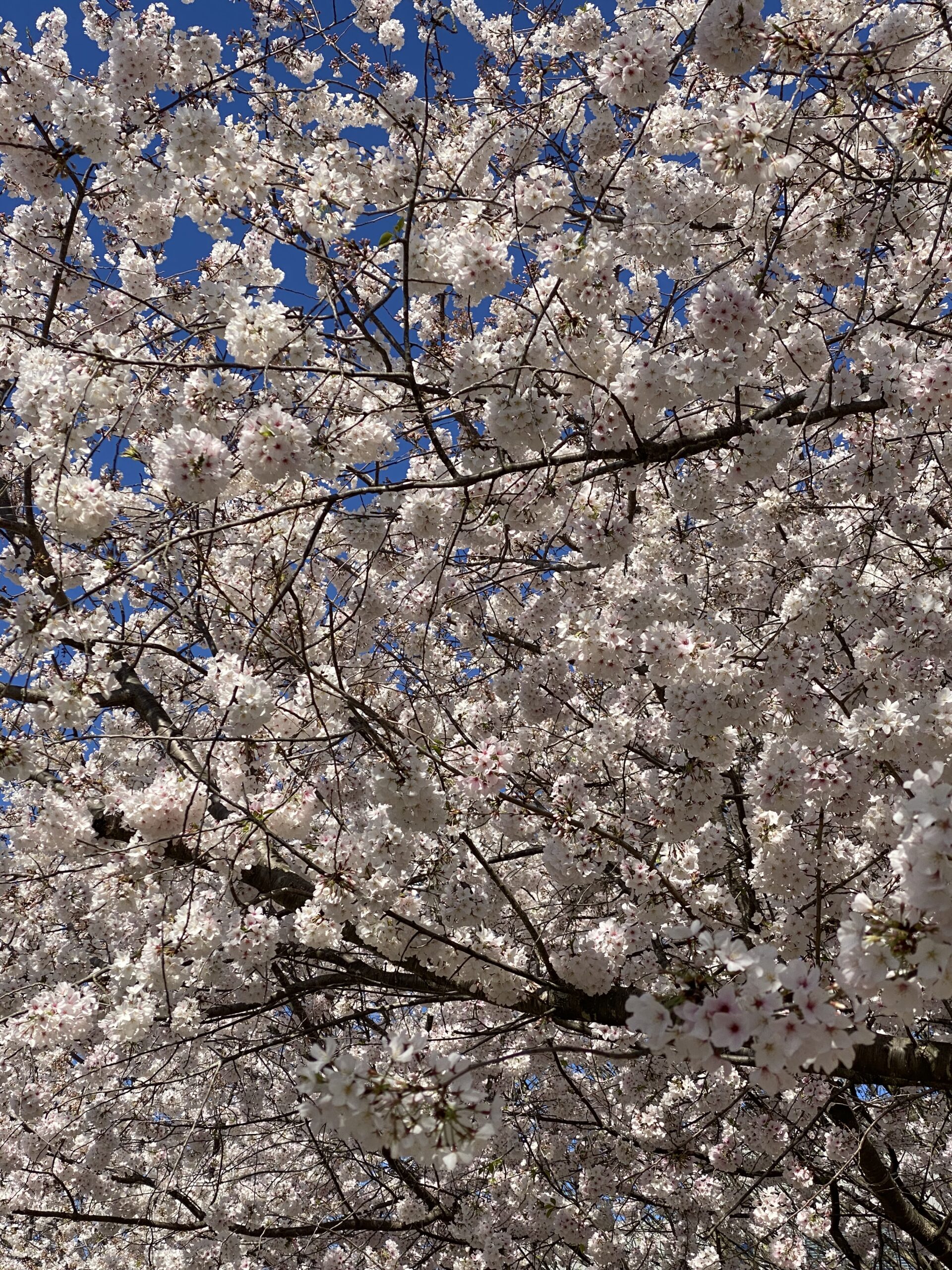Katie Steedly’s first-person piece [The Unspeakable Gift] is a riveting retelling of her participation in a National Institutes of Health study that aided her quest to come to grips with her life of living with a rare genetic disorder. Her writing is superb.
In recognition of receiving the Dateline Award for the Washingtonian Magazine essay, The Unspeakable Gift.
Enter your email here to receive Weekly Wide-Awake
In Another’s Shoes: A Gratitude Conversation With Leonard Pitts

KSC: For what are you grateful?
LP: I am grateful to God. For God. I think that, for me at least, is where it all begins. I have to confess, when we talk about the question ‘for what are we grateful’- and we do this every year in November as an increasingly secular society-we sort of leave the ‘grateful to whom’ part aside or don’t really deal with that. That is the first thing I have to say, is that I am grateful to God, for God, and for everything that flows from that. Now in terms of more earthbound concerns, I am grateful for my wife of thirty-five years, and for my kids who, when I am not ready to kill them, I pray for them. I am grateful for the ability to do the work that I do, which I know I try not to take for granted. I think that there is a difference between wanting to do what I do (in wanting to write for a living) and actually being able to do that. They are two completely different things. There are a lot of people who thought of themselves as writers when they were very young, and they are working now as traffic cops or fry cooks. There is nothing wrong with being a traffic cop or fry cook, but it is nice to be able to do the thing that you felt like you were put here to do.
KSC: How do you practice gratitude?
LP: I think that for me at least, practicing gratitude means saying thank you to those to whom you are grateful, and to those for whom you are grateful. I think it also means trying to pass on those blessings to other people who perhaps have not had the same blessings, luck, and opportunity that you have. In terms of being able to do my work, one of the ways that I like to at least think that I practice gratitude, is by trying to make myself available to younger writers who are still trying to figure out how you go about getting a foothold in this profession. A lot of time they want you to critique their work, which there is just not enough time in the day to do, but I always try to make myself available to answer their questions about how this business, this profession, works. I remember when I was that age I had a lot of questions and nobody to ask. I try to make myself available for that kind of thing. I just feel like it is important to be accessible.
KSC: Do you tell them to get into journalism in this day and age?
LP: My whole thing is, it has to get into you before you get into it.
KSC: There you go. There you go.
LP: I tell them that this is the kind of profession where you have to love it, because if you don’t love it then you are not going to have the stick-to-itiveness to stay at it. If you don’t have the love, don’t bother. I am surprised that a lot of them actually do. There are a lot of young people who are very idealistic and very determined about making futures for themselves in journalism.
KSC: Do you think there is a renaissance going on in journalism since the recent attacks on the field?
LP: Well since November, I think there has been a renaissance, not just in journalism. In journalists understanding again the importance of what we do, but also in the appreciation of our audiences-in particular for newspaper journalism-which I find very interesting. Of course, you don’t appreciate the volunteer fire department until your house is catching fire, then suddenly: ‘That is a great bunch of folks. Glad they are there.’ That is in the same sense that people are beginning to appreciate their newspaper again.
KSC: What do you think is the connection between gratitude and public service?
LP: Ideally, there should be a link between gratitude and public service. I think a lot of time, it seems to me, people choose public service for reasons having little to do with gratitude so much as with self-aggrandizement and the amassing of power. Not to sound entirely too cynical-I am sure there are people who are thankful for the blessings that they have had in life and see public service a way to extend those blessings to other people. I don’t want to deny that those folks exist, but I think there are also a lot of folks who are in public service, or who are attracted to public service for reasons having nothing to do with that.
KSC: Is there a connection between journalism and public service?
LP: I think that journalism is public service, properly practiced. I think that there are few things that are higher service to the public, frankly, than providing information, and helping to create an informed electorate. Letting people know what is going on in their region and in their country. The question is, whether or not most of us, whether that information is what most of us really want. Whether we really want to be an informed electorate as opposed to a reassured electorate.
KSC: What is the connection between gratitude and community?
LP: Experiencing the fullness that comes with gratitude is not something you want to keep to yourself. If you want to keep it to yourself, then you might want to check-what you are feeling may not be gratitude. If you are feeling gratitude for your fortune, or for things that have gone well in your life, or for things that you have, then the logical next step is to want to spread that wealth. Assuming that you are a normal person with a decently developed sense of right and wrong, and morality, I think the thing you will always want to do is to be able to share. If you are a wealthy person that goes into a feeling of benevolence, charity programs, and social help programs. If you are not so wealthy, maybe that goes into work with your church, or maybe that goes into painting the building, or repairing the toys and things at the local park. I think that it expresses itself in a lot of ways, maybe some ways that don’t even get noticed a lot. At our church-and I wasn’t able to be involved-but we have a group of men going out to mow lawns, doing yard work for people. I think that is an expressing of gratitude. When you do feel thankful, then obviously the first thing, the obvious and natural and the logical thing is, you want to share it
KSC: Can we learn to be grateful?
LP: That I don’t know. I think that is a good question.
KSC: How do we create more grateful living? How do we live more grateful lives ourselves?
LP: I think gratefulness requires the ability to put oneself in the shoes of somebody else. To be able to do that inspires you to say ‘There but for the grace of God,’ and not in a condescending or patronizing way, but just a way of appreciating and recounting your own blessings. The problem and the difficulty with that, is that a lot of people-and it is my experience and I don’t have any empirical evidence to back this up-but I would say anecdotally, a lot of people are less able than they once were or less willing to put themselves in somebody else’s shoes. There is sort of a me-me-me-ism that you see a lot of in our culture these days and I think that is antithetical to the old idea of learning to be grateful. Before you can learn to be grateful, you gotta learn to care what the other individual is going through, and there is not a whole lot of that going on.
KS: How do we do that? How do help others learn other people’s stories?
LP: I think that has to start when you are young. We have to help children to be sensitized to the pain of other people. It helps to encourage them to imagine what the other person is going through. Childhood is probably a very fruitful time to do that; when you are first becoming socialized and when you are first dealing with people who are different from you. Whether from skin color, whether from physical-being heavy or scrawny, or having physical disabilities, or mental challenges, or whatever, that is the age that you first encounter all of those things for the first time. I think it is a good idea to help young people, and frankly, older people, to imagine themselves in that place. One of the things that I have seen, and that they have done studies on, is that if you tell people stories about whatever X problem or X challenge or whatever, and provide them with statistics, people don’t tend to really connect with that, but if you tell them a story about a person going through a challenge and struggling with whatever that issue or that problem is, then they connect and they connect at a deeper and more human level than if you just give them logic and statistics. What that means is that we have got to create space in our schools and in our other institutions for the telling of stories about people who are not like us.
KSC: You write editorial columns and fiction as well. Does story resonate with either editorial writing or your fiction writing?
LP: All of the above; you use individuals and their experiences to graft onto larger issues. In writing a novel, you use individuals and their stories, though they are stories and individuals that you have made up, to sort of illustrate and deal with larger themes in fiction. So, they both are doing and saying the same thing. It is just different sets of tools.
KSC: Have you told stories over the years-whether in an editorial or in a novel-that have resonated with people in ways that were surprising to you?
LP: I have given up trying to predict what readers are going to respond to. The column that just posted online last night has 200 or 300 comments last I looked. Which is amazing. The usual, the typical column is ten to twenty, or maybe thirty, or something like that. I think it is because it is a column about this young woman who broke down crying out of fear at this traffic stop. I think probably the reason that is resonating like that has nothing to do with me. I think people looked at the video-that is my guess-they looked at the video and they were sort of emotionally involved. I did a column a couple months back, probably the biggest response I have had for a column in fifteen years or more. That was a column where I asked President Trump ‘Who in the hell do you think you are?’ That was a huge column-responses from all over the globe, and again, I did not calibrate for or plan. It just happens.
KSC: Do you see it with fiction as well? Have the fiction stories that you have created, have those taught you anything as well?
LP: Taught me anything? In terms of reader response?
KSC: I am really curious about connecting story and gratitude. When you were talking about ‘we can be grateful when we learn story,’ ‘gratitude comes from knowing others,’ ‘it is easy to be grateful when you can walk in someone’s shoes,’ and I had never thought about the role fiction might play in doing that.
LP: That’s what fiction is supposed to do. That is the thing I prize about fiction. It takes me into places and cultures and lives that otherwise I would have no entry into. I think that that is incredibly valuable; and not just literary fiction, but also good television or good movies-I think they all do the same thing: they take you into lives that you had no other entry into. I am thinking of Orange Is the New Black, which is a great show. There are two things happening: it takes all of us who have never been inside a women’s prison into that world. I am convinced that what we are seeing has some resemblance to reality. I am sure there is some dramatic license, but I think it has some resemblance to reality; that is the first thing it is doing. The second thing it is doing is showing you all of these cultural, racial, sexual identity, political, religion or whatever tribe within, that which most of us would have never had any entry. Again, I am not saying that it is factual. It is obviously fiction, drama, but it gives you some sense of what that experience would feel like, and I think that is valuable.
KSC: Something with that show. It connects to these big questions that need to be asked. We need to be asked what happens in prisons. We need to be asked, what is that about, and how are we creating a just and fair world. It’s entre into some bigger questions.
LP: Which is what fiction does at its best.
KSC: In doing that, in bringing in new questions, in bringing it back to gratitude, you ask those questions when you care, when you have connected. When you see something bigger in the world than yourself, you care about a women’s prison or you care what happens at the neighborhood center on the other side of town. You care once you know.
LP: It all begins with caring. If you don’t care, then everything else is just talk. If you can’t get people to care, then nothing else even matters or will have any effect.
KSC: It starts from that sense of something bigger than yourself which is the heart of gratitude. You can’t be entitled or selfish and be grateful.
KSC: Is there a connection between gratitude and creativity?
LP: Anything that sensitizes you helps you to be creative. I don’t know that creativity is something that can be learned. Which is another question that is often asked. I think anything that sensitizes you to what other people are going through helps in creativity. Particularly as a writer, maybe as a painter or an artist as well, but you have got to be able to put yourself into other people’s lives. I think that requires sensitivity. That is only enhanced by gratitude.
Read more about Leonard Pitts here . . .
About Katie

From Louisville. Live in Atlanta. Curious by nature. Researcher by education. Writer by practice. Grateful heart by desire.
Buy the Book!
The Stage Is On Fire, a memoir about hope and change, reasons for voyaging, and dreams burning down can be purchased on Amazon.




